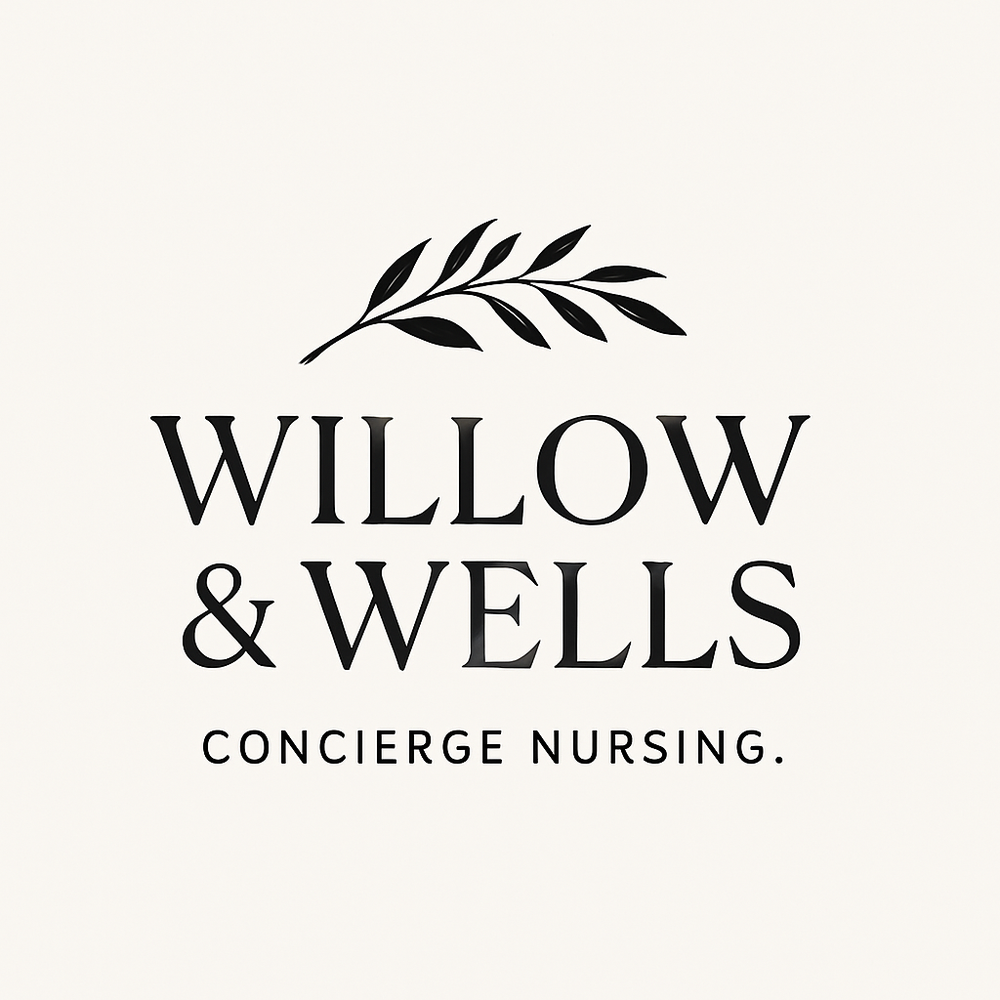Being a caregiver often feels like juggling multiple full-time jobs – nurse, secretary, advocate, and emotional support system- all without formal training or guidance. One of the most overwhelming parts of caregiving is managing the complexities of the healthcare system. Between deciphering insurance paperwork, tracking down test results, scheduling appointments, and trying to understand medical jargon, it can feel like you’re drowning in responsibilities.
You’re not alone. Many family caregivers report feeling isolated, exhausted, and confused when trying to coordinate care. This comprehensive guide offers clear, actionable steps to help you take control, reduce stress, and effectively advocate for your loved one’s healthcare needs.
Understanding the Healthcare Landscape
The U.S. healthcare system is a web of providers, insurance companies, facilities, and administrative procedures. For caregivers, navigating this network can feel like a full-time decoding project. Knowing who does what – and why – can significantly reduce frustration.
Key Players You Should Know:
-
Primary Care Physicians (PCPs): Often your first point of contact. They manage general health, preventive screenings, and referrals to specialists.
-
Specialists: Cardiologists, neurologists, oncologists—these professionals handle specific diagnoses and treatments.
-
Insurance Providers: These companies handle coverage, claims, authorizations, co-pays, and reimbursements. Understanding your plan’s network is essential to avoid surprise bills.
-
Pharmacists: An overlooked ally. Pharmacists can help with medication management, flag drug interactions, and even recommend cost-effective alternatives.
-
Social Workers & Patient Navigators: Often available through hospitals or care facilities, they provide valuable guidance on services, benefits, and community resources.
Practical Strategies for Caregivers
1. Maintain Organized Records
Staying organized is your first line of defense. Use a binder or a cloud-based system to store:
-
Medical history and diagnoses
-
Medication lists (with dosages and prescribing doctors)
-
Appointment summaries
-
Insurance cards, claim forms, and authorization letters
-
Emergency contacts and advance directives
Having all documents in one place makes emergencies, specialist visits, and insurance calls significantly easier.
2. Prepare Thoroughly for Appointments
Don’t go in blind. Before any appointment:
-
List questions and symptoms. Note any changes in behavior or health.
-
Bring updated medication lists. This helps avoid dangerous drug interactions.
-
Take notes or bring a second person. Having a second set of ears ensures you don’t miss key information.
3. Understand Insurance Inside and Out
Insurance is often the biggest pain point for caregivers. Know the ins and outs of your policy:
-
Understand deductibles, co-pays, out-of-pocket maximums, and in-network versus out-of-network providers.
-
Call customer service for pre-approvals or explanations of benefits (EOBs).
-
Don’t be afraid to appeal denials. Persistence pays off.
Leverage Support Services
You don’t have to do everything alone. Support services can dramatically lighten your load:
-
Hospitals often offer case managers or discharge planners who can coordinate follow-up care, rehab, or home health services.
-
Non-profits like the Alzheimer’s Association, AARP, and the National Alliance for Caregiving provide toolkits, hotlines, and local resources.
-
Community health organizations often offer transportation services, meal delivery, and support groups.
Explore local and national programs designed specifically to assist family caregivers navigating healthcare systems.
Advocating Effectively for Your Loved One
Being a caregiver means being a strong, informed advocate. Effective communication is critical in ensuring your loved one receives the best possible care.
1. Communicate Clearly and Assertively
-
Use concise, respectful language.
-
Ask for clarification on anything you don’t understand.
-
Confirm instructions by repeating them back to the provider.
2. Document Every Interaction
Keep a care log or journal of:
-
Names and roles of healthcare providers
-
Summaries of conversations and treatments
-
Dates of phone calls or emails with insurance companies
3. Know Your Legal and Ethical Rights
Educate yourself on:
-
HIPAA privacy rules
-
Medical power of attorney
-
Patient rights and caregiver protection laws in your state
Knowing your rights as a caregiver empowers you to stand firm when decisions get difficult.
Navigating the healthcare system as a caregiver is an emotional and logistical challenge—but with the right tools and support, it’s entirely manageable. Staying organized, becoming informed, and connecting with support networks will not only help your loved one but also protect your own well-being.
Remember, seeking help doesn’t mean you’re failing—it means you’re fighting smarter. You are not alone in this journey. Every step you take to better understand the system brings more peace of mind and stability to both your life and the life of the person you care for.
Join the Willow & Wells Community
We’re building something for people who are tired of doing this alone.
If you’ve ever felt overwhelmed, overlooked, or just plain exhausted by the system… You’re exactly who we made this for.
Caregiving is hard enough. Finding help shouldn’t be.
Get early access to everything we’re working on – tools, guides, and real talk that helps.
